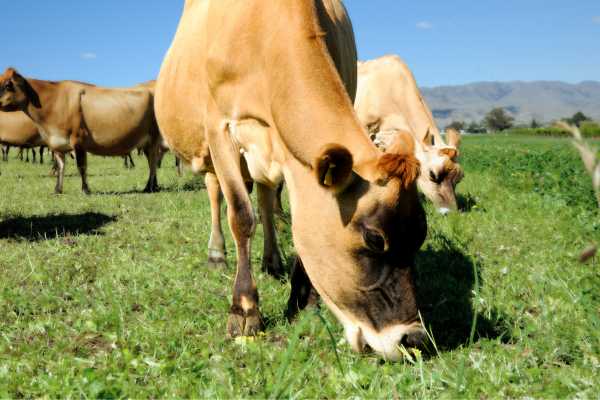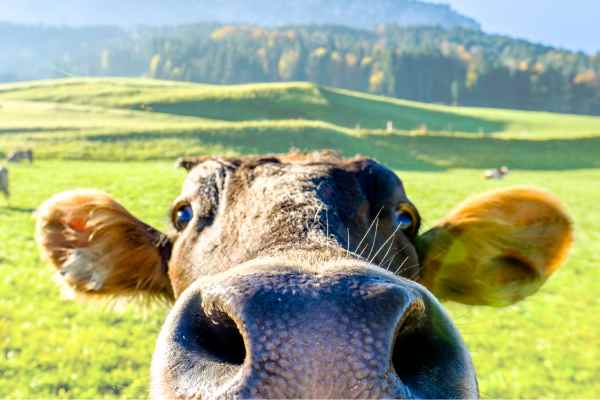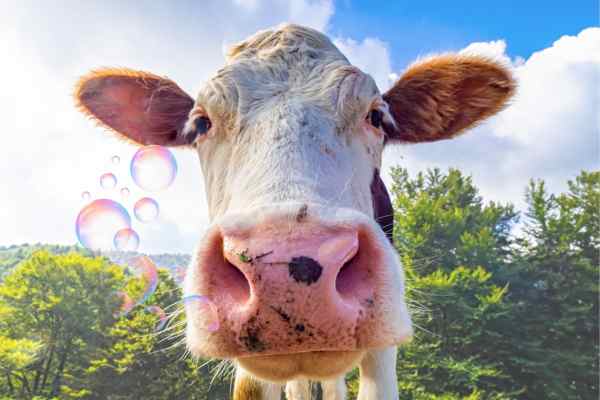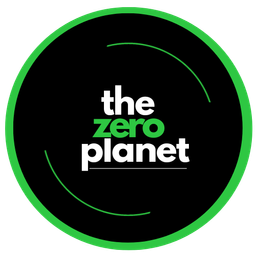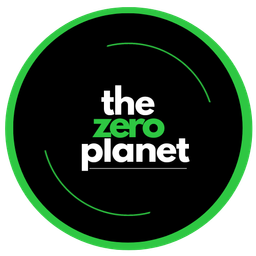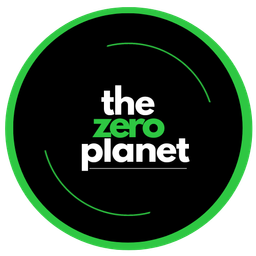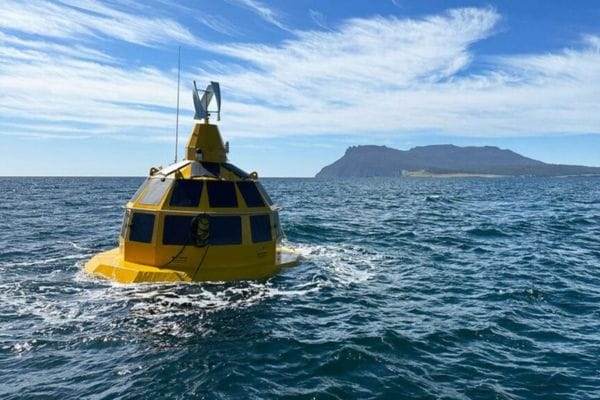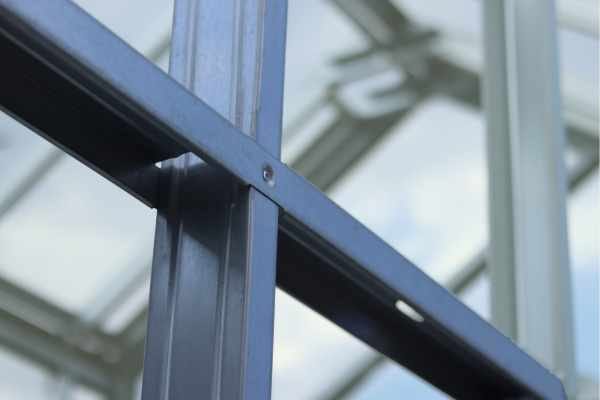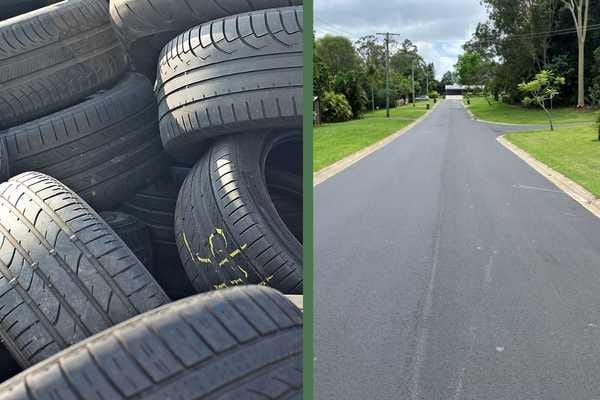Boost for bovine burp buster
Number 8 Bio has raised funds to help take its methane-cutting capsules from the lab to the paddock.
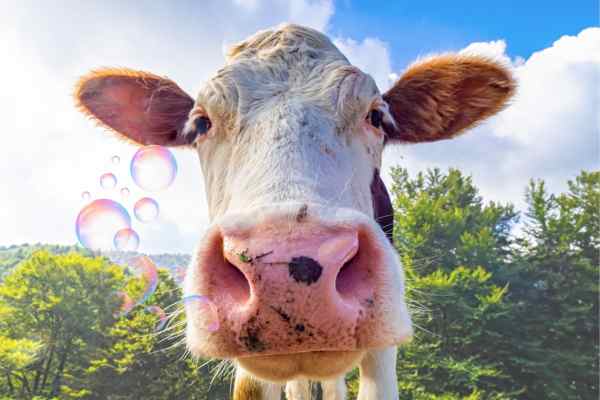
Sydney startup Number 8 Bio has secured $11 million in funding to accelerate the release of its fermentation-based livestock capsules.
The Series A funding will go towards large-scale animal trials of the technology, advancing regulatory approval processes, and preparing for a planned 2026 commercial rollout, according to the company.
Number 8 Bio said it planned to expand into New Zealand, Europe and the United States, and was creating a carbon insetting program designed to help farmers and supply chains generate verified emissions-reduction credits.
Emissions produced by livestock – primarily methane released through cattle burps – are estimated to account for about six per cent of all human-generated greenhouse gases.
Methane is also far more effective at trapping heat than carbon dioxide, with a global warming potential 28 times higher, experts say.
Number 8 Bio was founded in 2022 by Tom Williams and Alex Carpenter, emerging from the UNSW SynBio 10X Accelerator, where it won the Positive Impact Award.
At the heart of the company’s technology is a slow-release capsule which, according to Number 8 Bio, can cut methane emissions from livestock by up to 90 per cent.
Once swallowed, the capsule is designed to sit in a cow’s rumen – the first chamber of its stomach – for up to six months, where it releases a small organic molecule that targets methane-producing microbes while also supporting beneficial gut bacteria.
“Our focus has always been simple: tackle the 70% of livestock methane emissions that current solutions can’t reach, and do it in a way that makes sense for farmers and their bottom line.”
Number 8 Bio’s approach aims to avoid the cost and complexity of cultivating ocean-based seaweeds like asparagopsis, instead replicating their methane-blocking action using large-scale yeast fermentation. The result, the company says, is a method that is cheaper, more scalable and easier to produce locally.
Moreover, Number 8 Bio said that the capsule worked continuously, even in grazing cattle, meaning it could address the livestock methane emissions that many other types of feed additives and supplements can't.
“Our focus has always been simple: tackle the 70% of livestock methane emissions that current solutions can’t reach, and do it in a way that makes sense for farmers and their bottom line,” the company said.
The product’s benefits extend beyond methane reduction, Number 8 Bio said, with early trials indicating improved rumen efficiency, helping cows extract more nutrients from the same feed, which for farmers could mean healthier animals and higher productivity.
The capsule tech forms part of Number 8 Bio’s BetterFeed platform, which also includes a feed additive for both pasture and feedlot systems, and late last year, the company teamed up with Gelato Messina to trial its feed additives on the dairy arm of the business at Numurkah, Victoria.
Bioactive ingredients
Another company taking an alternate route to seaweed is Perth-based Rumin8 which, in 2023, raised $17 million to trial and scale its solution, reproducing the bioactive ingredients of naturally occurring compounds, such as seaweed, that inhibit methane production in livestock.
Number 8 Bio’s Series A round was led by New Zealand-based Icehouse Ventures, with backing from Main Sequence Ventures and Japan’s ONE Innovators. The raise follows a $7 million seed round last year led by Main Sequence, with support from Breakthrough Victoria and The March Group.
Icehouse Ventures principal Mason Bleakley said Number 8 Bio delivered “tangible value to every stakeholder in the value chain”.
“The unit economics make sense immediately, which is the only path to real-world adoption at scale,” he said.
“We couldn't be prouder to be along for the journey and backing a team tackling one of the toughest and most important challenges facing our planet.”
Number 8 Bio has bioengineered yeast to replicate the methane-blocking compounds found in seaweed using large-scale fermentation. Using this technology, it has produced a slow-release capsule which the company says can cut methane emissions from livestock by up to 90 per cent. Once swallowed, the capsule sits in a cow’s rumen – the first chamber of its stomach – for around six months. There, it releases a small organic molecule that targets methane-producing microbes while supporting beneficial gut bacteria.
Related stories
